Our oceans are filled with amazing beauty;
let us save what we have
Replies sorted oldest to newest
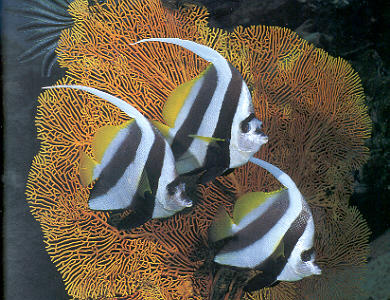
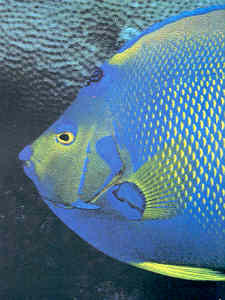

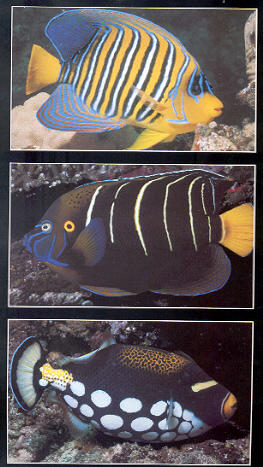
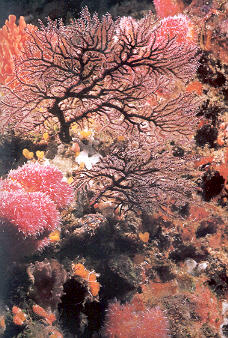
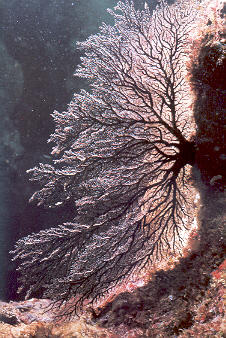
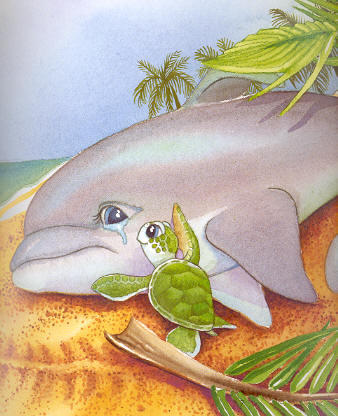

quote:Originally posted by dear Inda:
Let us keep our oceans clean, healthy and intact.

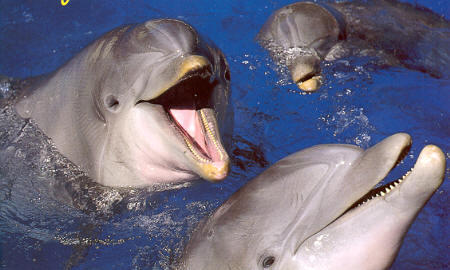




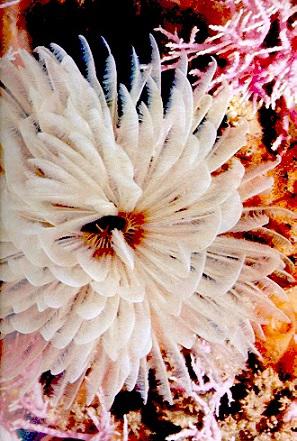
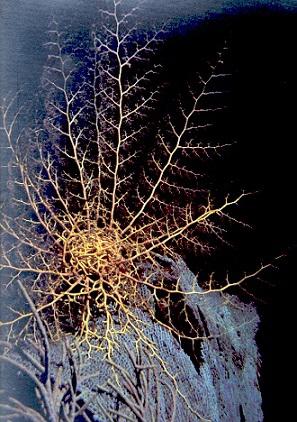
Thank you yoko for bringing back this topic. We do need to protect our oceans which have a big effect on our climate.
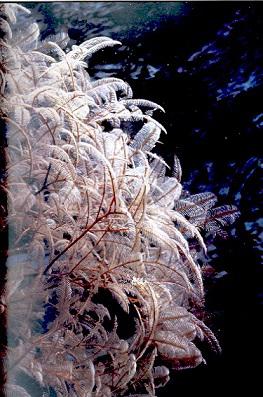
1. Mind Your Carbon Footprint and Reduce Energy Consumption
Reduce the effects of climate change on the ocean by leaving the car at home when you can and being conscious of your energy use at home and work. A few things you can do to get started today: Switch to compact fluorescent light bulbs, take the stairs, and bundle up or use a fan to avoid oversetting your thermostat.
2. Make Safe, Sustainable Seafood Choices
Global fish populations are rapidly being depleted due to demand, loss of habitat, and unsustainable fishing practices. When shopping or dining out, help reduce the demand for overexploited species by choosing seafood that is both healthful and sustainable.
3. Use Fewer Plastic Products
Plastics that end up as ocean debris contribute to habitat destruction and entangle and kill tens of thousands of marine animals each year. To limit your impact, carry a reusable water bottle, store food in nondisposable containers, bring your own cloth tote or other reusable bag when shopping, and recycle whenever possible.
4. Help Take Care of the Beach
Whether you enjoy diving, surfing, or relaxing on the beach, always clean up after yourself. Explore and appreciate the ocean without interfering with wildlife or removing rocks and coral. Go even further by encouraging others to respect the marine environment or by participating in local beach cleanups.
5. Don't Purchase Items That Exploit Marine Life
Certain products contribute to the harming of fragile coral reefs and marine populations. Avoid purchasing items such as coral jewelry, tortoiseshell hair accessories (made from hawksbill turtles), and shark products.
6. Be an Ocean-Friendly Pet Owner
Read pet food labels and consider seafood sustainability when choosing a diet for your pet. Never flush cat litter, which can contain pathogens harmful to marine life. Avoid stocking your aquarium with wild-caught saltwater fish, and never release any aquarium fish into the ocean or other bodies of water, a practice that can introduce non-native species harmful to the existing ecosystem.
7. Support Organizations Working to Protect the Ocean
Many institutes and organizations are fighting to protect ocean habitats and marine wildlife. Find a national organization and consider giving financial support or volunteering for hands-on work or advocacy. If you live near the coast, join up with a local branch or group and get involved in projects close to home.
8. Influence Change in Your Community
Research the ocean policies of public officials before you vote or contact your local representatives to let them know you support marine conservation projects. Consider patronizing restaurants and grocery stores that offer only sustainable seafood, and speak up about your concerns if you spot a threatened species on the menu or at the seafood counter.
9. Travel the Ocean Responsibly
Practice responsible boating, kayaking, and other recreational activities on the water. Never throw anything overboard, and be aware of marine life in the waters around you. If you’re set on taking a cruise for your next vacation, do some research to find the most eco-friendly option.
10. Educate Yourself About Oceans and Marine Life
All life on Earth is connected to the ocean and its inhabitants. The more you learn about the issues facing this vital system, the more you’ll want to help ensure its health—then share that knowledge to educate and inspire others.
From National Geographic
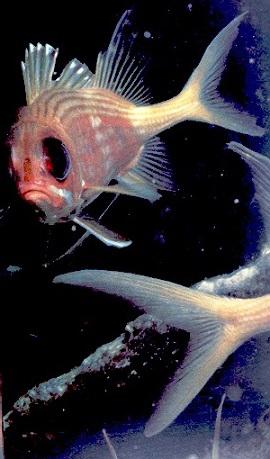
Thank you for the nice images.
Jellyfish have drifted along on ocean currents for millions of years, even before dinosaurs lived on the Earth. The jellylike creatures pulse along on ocean currents and are abundant in cold and warm ocean water, in deep water, and along coastlines. But despite their name, jellyfish aren't actually fish—they're invertebrates, or animals with no backbones.

Information and images from 'National Geographic.'
Thank you yoko. Jellyfish are really beautiful.
Being 95 percent water and gelatinous is a good strategy on an ocean planet, which is why jellyfish have survived for hundreds of millions of years.
The term covers thousands of species in two barely related categories: the comb jellies and the medusozoans, such as the Atlantic bay nettle, featured at bottom. It’s a familiar menace to swimmers in the Chesapeake Bay.